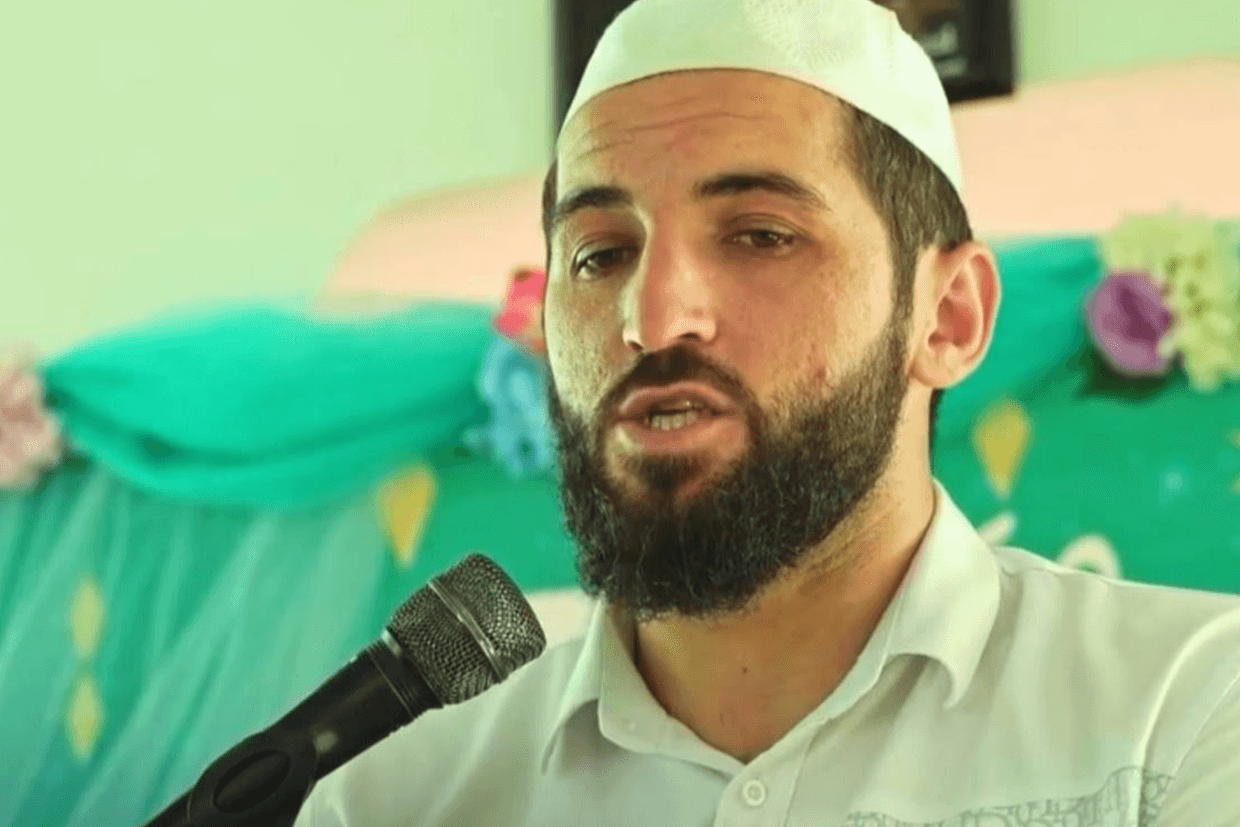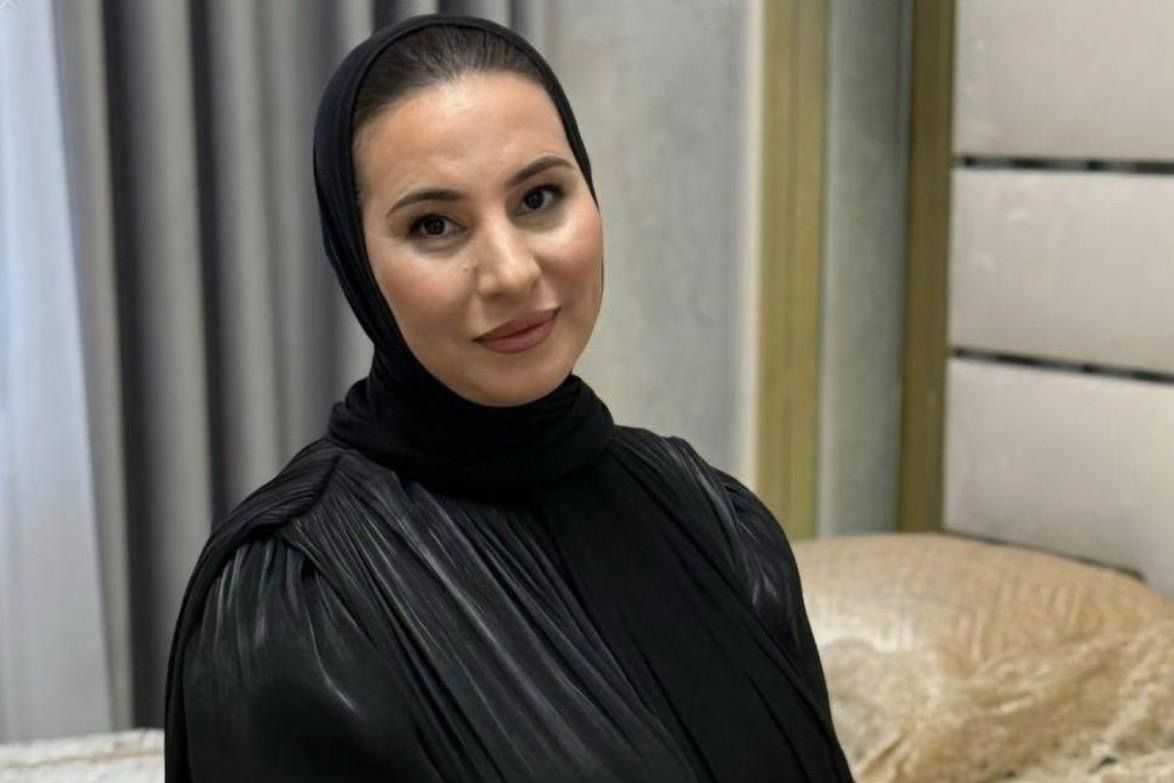

 Georgia’s Parliament voted 81 to 0 to ratify the Istanbul Convention against violence against women on 4 May, after an almost two-year long process. Ratification of the convention involves amending 24 separate Georgian laws.
Georgia’s Parliament voted 81 to 0 to ratify the Istanbul Convention against violence against women on 4 May, after an almost two-year long process. Ratification of the convention involves amending 24 separate Georgian laws.
Human rights organisations have been urging the government to accelerate the ratification process, in the belief that it would help counter the frequency of violence against women in Georgia.
Femicide has recently come under increased attention in Georgia, after a number of murders of women by their partners gained publicity. A woman was murdered in the town of Tamarisi in southern Georgia on 3 May, with police arresting the woman’s husband on charges of premeditated murder.
On 4 April 2017, a husband allegedly murdered his wife after becoming jealous. Neighbours found her body strangled with a rope. A similar murder took place on 8 April 2017 in Aspindza, Samtskhe-Javakheti.
Ratification of the convention, along with the corresponding amendments to Georgian law, will criminalise not only violence in the family, but violence against women generally, whether in private life or publicly, and also applies to young women under 18.
The Istanbul Convention obliges signatories to provide legal protection for women, as well as to record statistics of violence against women, raise awareness on domestic violence, and provide protection and rehabilitation to victims.
In addition to imposing stricter sentences for violence against women, the amendments also introduce a number of new crimes, including stalking and harassment or psychological abuse by phone or messages.
The amendments will also punish female genital mutilation and forced sterilisation, and will introduce increased protections for queer women, women from ethnic and religious minorities, and women with disabilities.
The Istanbul Convention — the Council of Europe Convention on preventing and combating violence against women and domestic violence — was signed in May 2011 in Istanbul and has now been ratified by more than 20 countries.
Georgia’s Minister of Justice signed the convention in June 2014, and began working on the package of amendments by the end of 2014, however, parliament did not ratify it until now.
Georgia’s Public Defender Ucha Nanuashvili, has criticised the government for failing to protect women from abusive partners. In his annual human rights report for 2016, Nanuashvili wrote that the state doesn’t have a standard approach to evaluating risks and avoiding repeat offences. ‘There are no recorded statistics of these cases to analyse them and organise preventive measures based on this data’, he remarked.
According to the Ministry of Internal Affairs, approximately 2,900 restraining orders were issued in 2016, 2,600 in 2015, and 820 in 2014. In the first four months of 2017, the ministry has already issued 752 restraining orders. However, rights organisations claim that these protective mechanisms have repeatedly proven to be ineffective.









